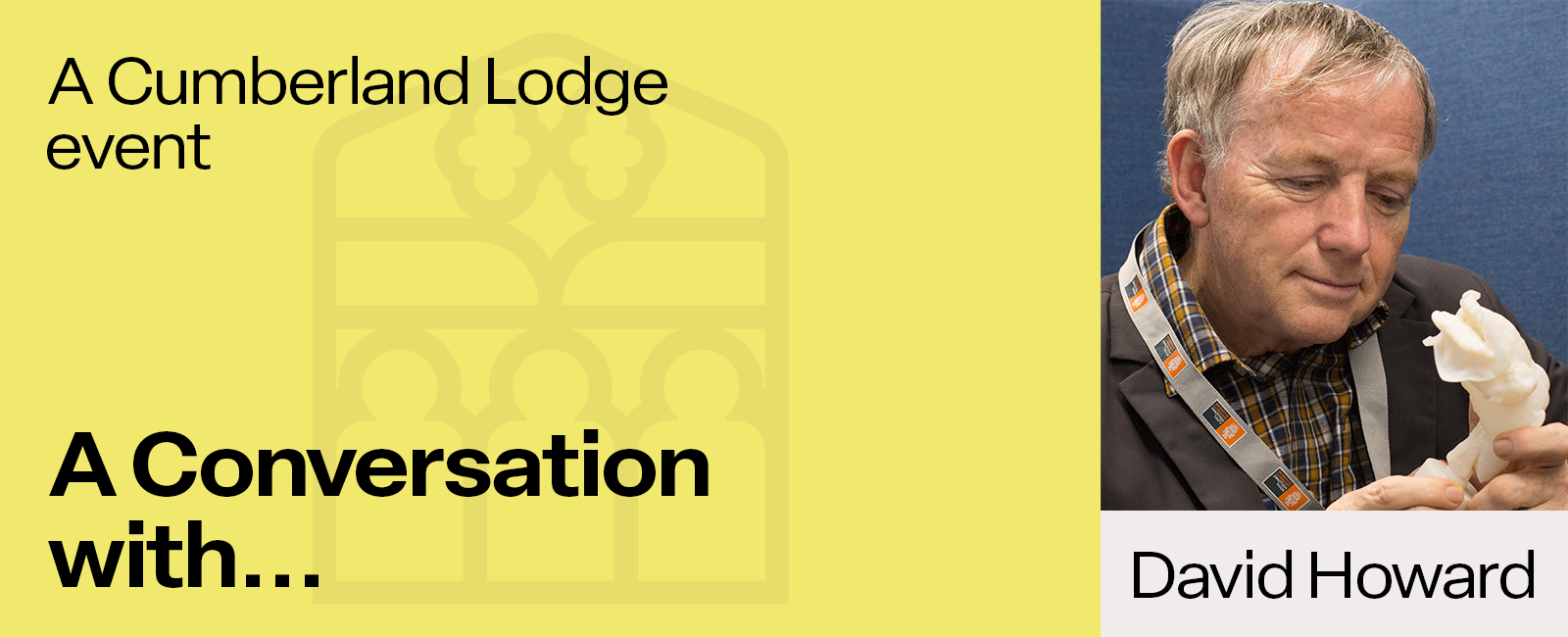
A Conversation with David Howard
February 26 @ 6:00pm - 8:00pm
£10
Join us for a Cumberland Conversation with David Howard, creating a vowel sound from a 3,000 year-old Egyptian Mummy
All of our voices are individual mainly as a function of the unique shape of our vocal tracts (the tubes from the larynx in the neck to the mouth and nostrils). If these tube shapes are known, the sound created by the human larynx can be created electronically and used as input, resulting in vocal sounds being heard. For the first time, this has been successfully carried out for the 3,000 year-old mummified remains of the Mummy Nesyamun from Leeds Museum. This talk will describe the processes used, and let you hear the sound alongside descriptions of some of the history around the life of Nesyamun, and the rather astonishing impact the work has had worldwide.
Professor David M Howard has been an academic all his working life, underpinned by a BSc in the 1970s in Electrical Engineering from University College London, and a PhD in Human Communication (University of London) in the 1980s on the voice processing electronics for a new cochlear implant hearing aid which was given to around 35 patients. He then became a Lecturer in Speech Sciences at University College, setting up a new degree in Speech Sciences as a starting point for speech therapists, moved to York to start a new degree in Music Technology in 1990, and was head-hunted to become the Founding Head of Department of a new Electronic Engineering department at Royal Holloway in 2017. This included being the prime mover in the design of the new Shilling Building, as well as campaigning for it to be named after the pioneering engineer Beatrice Shilling. The design of the degree at Royal Holloway is unique in that it puts creativity at the heart of the engineering teaching experience and has a dedicated Creative Thinking Room under the motto: ‘Creativity first, science follows’; the best modern engineering has to have creative appeal.
David’s research revolves around human voice production, mainly in choral and solo singing, and he has been involved in investigating the development with age of pitch control in cathedral choristers and tuning accuracy in unaccompanied choral singing. He held an Engineering and Physical Studies Research Council Senior Media Fellowship during which he was presenter in two BBC 2 programmes: Voice and Castrato and was involved in a Guinness Book of Records attempt in conjunction with a Sky TV Christmas special finding the lowest pitched ‘Ho ho ho’ from a Santa Claus!
In his spare time David conducts Feltham Choral Society and is organist at St Mary’s Thorpe.
Following the Conversation, audience members will have the chance to ask David questions.
Format
Guests are invited to join us from 5.45pm on Monday 26 February for refreshments, before taking a seat for the Conversation by 6pm.
The Conversation will take place in Flitcroft, in The Mews conference centre at Cumberland Lodge.
A short drinks reception will follow from 7.30pm to 8pm and tickets include a glass of wine or soft drink.
Tickets
Tickets for this event are available here for £10 per person.
All proceeds will help to cover the running costs of the event and support our wider charitable work.
For any enquiries please contact Mary-Kate Wolseley on 01784 497794 or email mkwolseley@cumberlandlodge.ac.uk
